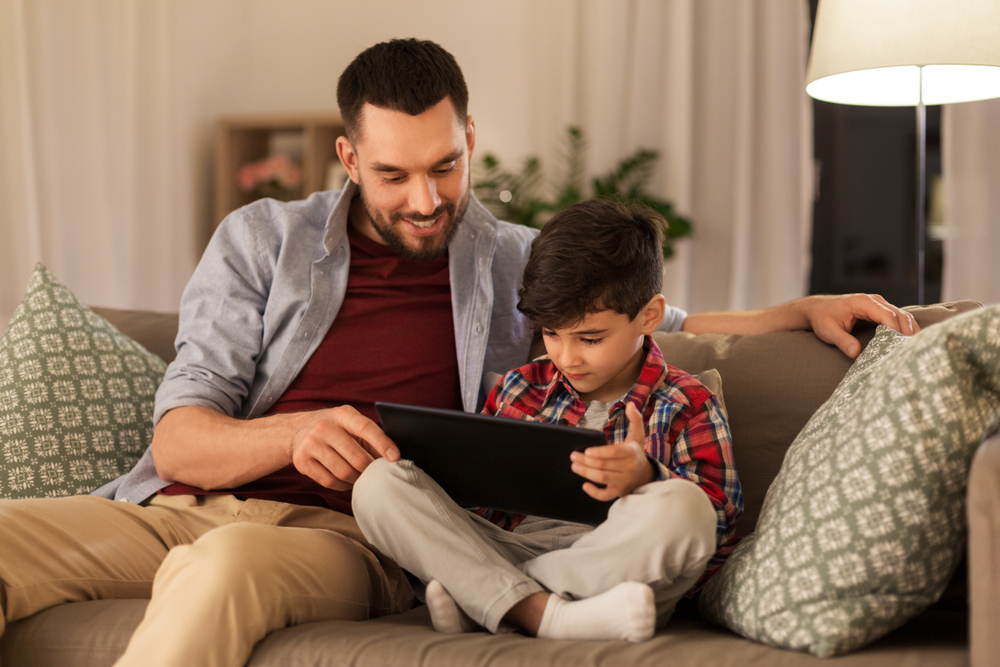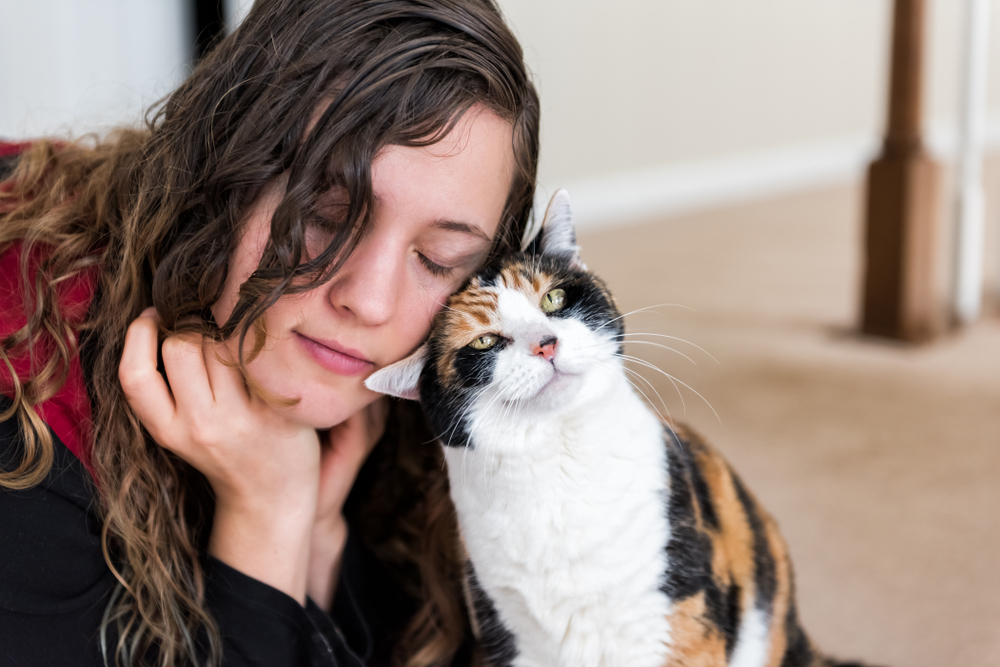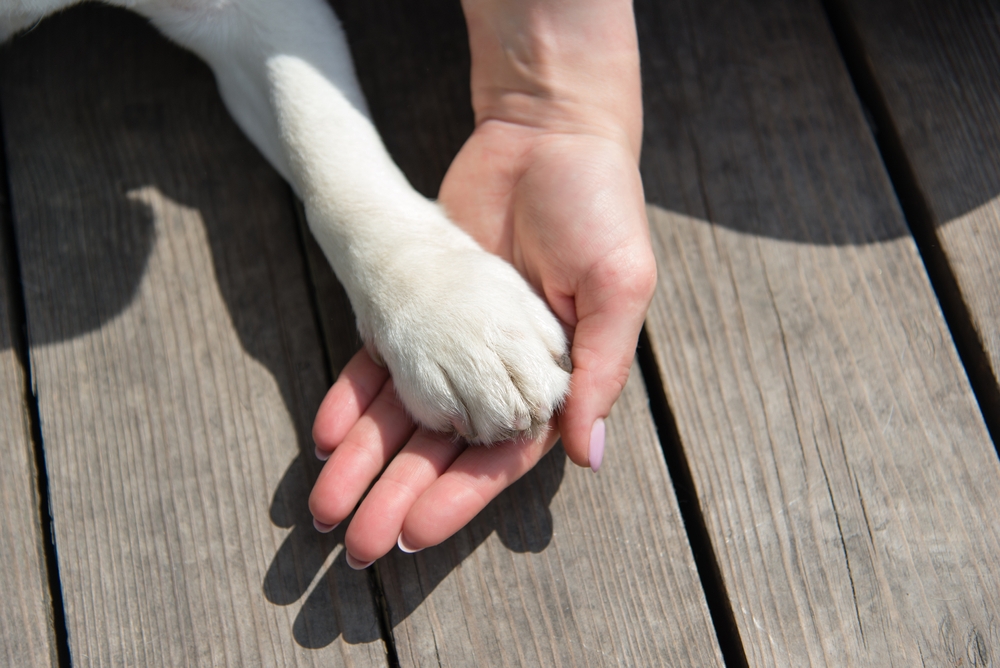Psychology reveals that talking to animals like they are people is more than a quirky habit, it signals deeper emotional intelligence. People who speak to their pets as if they understand every word often show emotional patterns that affect how they treat others, process stress, and form bonds. While it may seem silly to some, this type of interaction reflects a broad set of meaningful traits. These conversations aren’t random. Psychology views this behavior as an emotional strategy that supports mental health and strong social connections. Below are eight core emotional traits commonly seen in people who talk to pets like they’re human.
They Score High in Empathy

People who chat with their pets tend to show heightened empathy in daily life. Psychology suggests that this behavior stems from the ability to recognize and respond to emotions in others, even when the other cannot speak. These individuals often display a strong understanding of other people’s moods and emotional cues. When they talk to pets, it’s not just for fun, it’s a natural outlet for their empathetic drive. This emotional attunement allows them to sense needs, comfort others, and avoid emotional harm. Their empathy doesn’t switch off when they leave the room, it follows them into conversations, caregiving, and relationships. For pet lovers, speaking to their dog or bird becomes a daily expression of care, making them emotionally present and reliable companions to the people in their lives too.
They Have a Strong Need for Connection

Many who speak to pets in a conversational tone have an emotional trait rooted in connection-seeking. Psychology shows that humans naturally seek bonds with others to feel secure, validated, and supported. Pets can serve as stable emotional anchors, offering unconditional presence. People who form emotional links with pets often extend that same bond-building behavior to family and coworkers. They don’t just enjoy connection, they seek it consistently. This trait also drives them to be great at creating safe, inclusive spaces for others. Their communication style is emotionally accessible, making them easier to trust. Talking to pets fills an emotional space that not only helps them but also strengthens their ability to connect meaningfully with others.
They Show High Levels of Nurturing Behavior

Those who talk to pets like humans often display strong nurturing instincts. Psychology research points out that people who enjoy caregiving roles frequently express affection, concern, and emotional support through words. These individuals often act as caregivers in their personal and professional lives. Whether they’re feeding, comforting, or simply chatting with their pets, the behavior reflects an underlying emotional priority to protect and nurture. They are often the people who remember birthdays, bring soup when someone’s sick, and check in on friends without being asked. Speaking to pets becomes just one of many expressions of their natural tendency to care deeply for others.
They Are Comfortable Expressing Their Feelings

Comfort with emotions is a trait linked closely to emotional intelligence. People who speak to pets are often unafraid to verbalize feelings, even when no one else is around. According to psychology, verbal expression helps regulate emotional states and improve mental clarity. These individuals use language as a way to process emotions and reduce internal stress. Whether they’re celebrating, venting, or talking through their plans, pets act as sounding boards for their inner world. This emotional fluency often leads to healthier relationships, as these people are more likely to communicate clearly, avoid emotional suppression, and handle conflict constructively. Pets become a bridge between emotion and communication, supporting their psychological health in subtle but important ways.
Read More: 40 Reasons Cats Are the Ultimate Companions
They Often Have Rich Imaginations

Psychology connects vivid imagination to creativity, emotional resilience, and high-level thinking. People who talk to pets often display this type of imaginative thinking. They might believe their cat is giving them sass or that their fish understands them, and while it sounds fanciful, it actually reflects strong cognitive flexibility. These individuals can visualize different outcomes, adapt to change, and approach problems with creativity. Their conversations with pets are not rooted in delusion but in a broader capacity to imagine beyond the literal. This mindset helps them brainstorm solutions, understand others’ perspectives, and explore ideas freely. Their inner world is often as engaging as their outer one, making them more dynamic, expressive, and solution-oriented in both personal and professional settings.
They Tend to Be Less Judgmental

Talking to pets without fear of being misunderstood is a clue to a more accepting worldview. According to psychology, people who engage this way are often less critical of others and more tolerant of individual differences. They usually embrace quirkiness in themselves and others, making them easier to get along with. When someone is open to bonding with a snake or ferret through human-style conversation, that acceptance usually extends to people from different walks of life. These individuals are not bound by rigid expectations. They’re more likely to listen than lecture, more inclined to ask than assume. Their interactions with pets show how they embrace unpredictability and uniqueness, building emotional safety in their social circles.
They Often Feel Deep Loyalty

Loyalty is one of the defining emotional traits in people who speak to their pets as if they were family. Psychology links this to secure attachment patterns and a strong sense of emotional responsibility. These people usually see their pets not just as animals but as cherished members of the household. This bond reveals their larger emotional patterns. When they commit to something or someone, they follow through. They stand by people in tough times, defend loved ones when needed, and rarely flake out. The way they consistently talk to pets reinforces this emotional stability. It reflects dependability, warmth, and an emotional code that values trust and long-term connection.
They Use Pets as Emotional Anchors

Many people who talk to pets do so during moments of stress, anxiety, or confusion. This is not random. Psychology identifies this habit as a coping strategy used to anchor emotions. These individuals may use their pets as grounding tools, speaking out loud to sort through thoughts or soothe themselves. It creates a calming rhythm that supports emotional regulation. These conversations are not meaningless chatter, they’re part of a system that helps these individuals feel steady and in control. Pets offer consistent, nonjudgmental presence, which allows people to express without fear of backlash. Over time, this routine becomes a psychological resource, helping people process feelings and manage anxiety in a healthy, constructive way.
Why This Behavior Matters More Than You Think

Talking to pets like they’re human might seem like a small behavior, but psychology reveals it as a rich signal of emotional depth. People who engage this way tend to be empathetic, nurturing, creative, and loyal. They often build strong bonds with others, express feelings in healthy ways, and use pets as tools for emotional regulation. Their ability to treat animals with care reflects broader emotional values that benefit their mental health and interpersonal relationships. Rather than dismiss this behavior as silly, it’s time to see it as a marker of emotional strength. In fact, pets may be helping these individuals stay mentally and emotionally balanced without them even realizing it. Whether you’re discussing your goals with your dog or whispering secrets to your cat, you may be showing signs of some of the healthiest emotional traits psychology has identified.
Read More: Why senior dogs, often the last to be adopted, make great pets
Disclaimer: This article was created with AI assistance and edited by a human for accuracy and clarity.
Disclaimer: This information is not intended to be a substitute for professional medical advice, diagnosis or treatment and is for information only. Always seek the advice of your physician or another qualified health provider with any questions about your medical condition and/or current medication. Do not disregard professional medical advice or delay seeking advice or treatment because of something you have read here.

